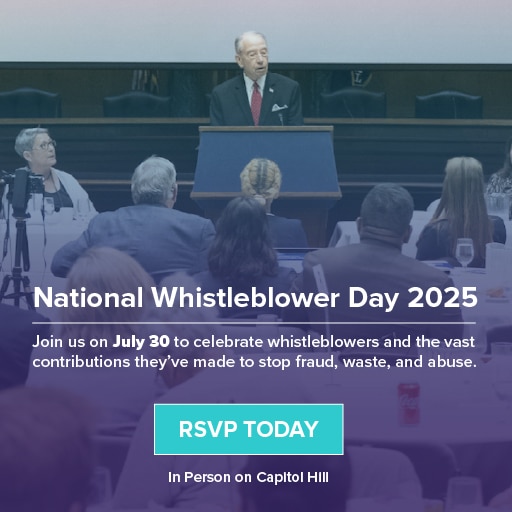Today the U.S. Supreme Court makes clear that workers are protected from retaliation when they provide information about unlawful discrimination, even when they did not initiate any legal action, but merely answered questions during the employer’s investigation. The decision is called, Crawford v. Metropolitan Government of Nashville and Davidson County, Tennessee, Case No. 06-1595.
Read the Court’s full decision here.
This link goes to the NELA amicus brief in support of Crawford.
In 2002, Nashville’s Metropolitan Government began investigating rumors of sexual harassment by MetroSchool District’s employee relations director, Gene Hughes. A human resources investigator asked Vicky Crawford whether she had witnessed “inappropriate behavior” by Hughes. Crawford had worked for the schools for over thirty (30) years. Crawford answered that she herself had experienced inappropriate conduct by Hughes. She detailed how Hughes had grabbed his crotch to punctuate his claim, “You know what’s up.” Crawford reported that Hughes often put his crotch up to her window. Crawford also revealed that Hughes once grabbed her head and pulled it toward his crotch. Other employees reported sexual harassment by Hughes. The Metro Government took no action against Hughes, but fired Crawford claiming embezzlement. Crawford claimed that was retaliation for blowing the whistle on Hughes’ sexual harassment.
The lower courts dismissed Crawford’s claims. Those courts reasoned that since Crawford had not initiated any official complaint, she had not “participated” in a proceeding, and had not “opposed” any unlawful discrimination. The Supreme Court noted that lower courts had disagreed on what “opposition” is protected, and it took Crawford’s case to resolve the conflict.
Crawford’s case arises from the Civil Rights Act of 1964 which prohibits discrimination in employment on the basis of race, sex, national origin and religion. Like many employee rights laws, it prohibits retaliation for those employees who “participate” in proceedings, or “oppose” unlawful practices. These two clauses have different rules of protection for whistleblowers. Under the “participation” clause, employees are protected when they file official complaints, or serve as witnesses, regardless of the merits of the case. Under the “opposition” clause, employees must show that they had a reasonable basis to believe that there was an actual violation of the law, and that the employer’s retaliation was on account of some “opposition” to that violation.
The Court said that, “we would naturally use the word [oppose] to speak of someone who has taken no action at all to advance a position beyond disclosing it.” The Supreme Court made clear that employees would be protected for, say, “refusing to follow a supervisor’s order to fire ajunior worker for discriminatory reasons.” The Court explains, “nothing in the statute requires a freakish rule protecting an employee who reports discrimination on her own initiative but not one who reports the same discrimination in the same words when her boss asks a question.”
The Court recalls that the “primary objective” of Title VII is to “avoid harm” to employees. “If it were clear law that an employee who reported discrimination in answering an employer’s questions could be penalized with no remedy, prudent employees would have a good reason to keep quiet about Title VII offenses against themselves or against others.” The Court noted that this is no imaginary horrible given the documented indications that “fear of retaliation is the leading reason why people stay silent instead of voicing their concerns about bias and discrimination.”
In its footnote 2, the Court rejected Metro’s claim that Crawford should lose protection because she once told Hughes “bite me” and on other occasion gave him the finger. The Court said that, “Crawford gave no indication that Hughes’s gross clowning was anything but offensive to her.”
Given that the Supreme Court decided the lower courts were wrong about the scope of the opposition clause, the Court did not reach the issue of whether Crawford was protected by the participation clause. It is allowing the lower courts to reconsider that issue.
Two justices filed a separate “concurring” opinion to say that the Court’s holding should be limited to testifying about unlawful conduct in an internal investigation. They argue that otherwise an employee could make out a case merely by having an opinion that is against unlawful discrimination, even if that opinion is never expressed to the employer. This could lead to difficult issues of proof about when an employer learned about such an opinion. These justices also noted that the number of retaliation complaints filed with EEOC has increased. That these two justices could not get the majority to adopt their views could support arguments in favor of the claims these two justices were concerned about.
While this outcome was expected from the Court’s acceptance of this case, and from the justices’ comments during oral argument, it is still an important advance for whistleblowers. The Supreme Court makes clear that it is our national policy to protect those who speak out about violations, and we are not going to accept employers’ attempts to limit the rights that are there to further the public interest.


